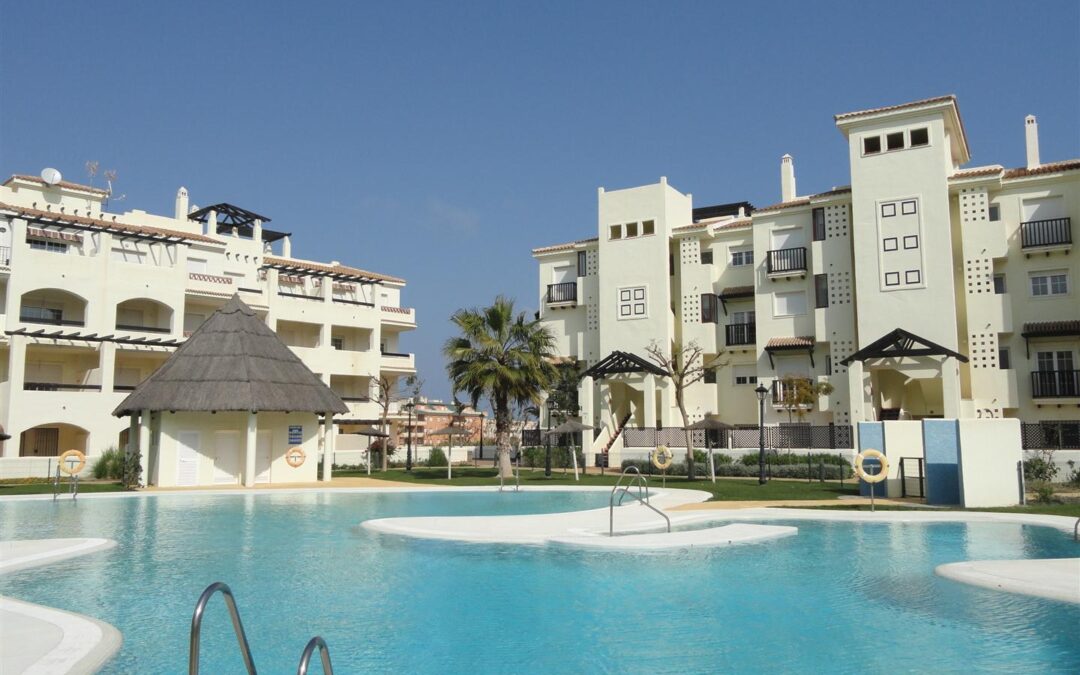In 2025, Spain introduced significant reforms to its short-term rental regulations, aiming to balance the thriving tourism industry with residents' rights and housing availability. These changes impact property owners, rental platforms, and homeowners' associations across the country.
Key Legislative Changes Affecting Short-Term Rentals
1. Mandatory Community Approval
Effective from April 3, 2025, Organic Law 1/2025 amended the Horizontal Property Law, requiring property owners within a Community of Owners (Comunidad de Propietarios) to obtain explicit authorization before offering their properties for tourist rentals. A three-fifths majority vote of property owners is now sufficient to impose restrictions or prohibitions on short-term rentals within their buildings.
Recommended Actions:
- Initiate a Community Meeting: Formally request the inclusion of tourist rental approval on the meeting agenda.
- Achieve Majority Consent: Obtain a favorable vote from at least 60% (three-fifths) of the property owners.
- Observe a 20-Day Objection Period: After the meeting, a 20-day window is provided for any objections before the approval is finalized.
Notably, properties with valid tourist rental licenses obtained before April 3, 2025, are exempt from seeking additional community approval.
2. Establishment of a National Registry for Tourist Rentals
As of January 2, 2025, Spain introduced a National Registry for Tourist and Seasonal Rentals, requiring all short-term rental properties to be registered. This initiative aims to regulate the market, prevent unlicensed rentals, and improve tax compliance.
Key Aspects:
- Mandatory Registration: Every property used for short-term or seasonal rentals must be registered and assigned a unique identification number.
- Platform Compliance: Rental platforms (e.g., Airbnb, Booking.com) must ensure that all listed properties display a valid registration number.
- Annual Renewal: Property owners must renew their registration each year and provide rental activity reports.
The new system will be fully operational from July 1, 2025, and properties failing to register risk removal from rental platforms and potential fines.
3. Enhanced Authority for Homeowners’ Associations
Changes to the Horizontal Property Law grant homeowners’ associations greater control over short-term rentals within their buildings. A three-fifths majority vote of property owners is now sufficient to impose restrictions or prohibitions on tourist rentals. This change empowers residents to influence the presence of tourist accommodations in their communities.
4. Local and Regional Rental Restrictions
In addition to national regulations, several Spanish cities are implementing local restrictions on short-term rentals:
- Málaga: A three-year freeze on new tourist rental licenses in 43 districts where holiday rentals exceed 8% of available housing.
- Barcelona: Plans to eliminate 10,000 tourist apartments by 2028 to reintegrate them into the long-term rental market.
- Seville: Introduction of strict enforcement measures, including cutting off utilities to illegally operated rental properties.
5. Each region may apply additional conditions, making it essential for property owners to stay updated on local requirements.
New Data Collection Requirements for Tourist Rentals
From December 2024, tourist accommodation providers must collect and report additional guest data for security and tax purposes. The new regulations require detailed personal data collection, including full names, addresses, and payment information, which must be reported to Spanish authorities. This measure aims to enhance transparency and accountability in the short-term rental sector.
Advice for Property Owners
To ensure compliance with the new regulations and avoid potential penalties, property owners should:
- Register Your Property: Ensure your property is registered wh the national system and obtain a unique identification number.
- Secure Community Approval: Obtain explicit authorization from your homeowners' association before offering your property for tourist rentals.
- Stay Informed: Keep abreast of local and regional regulations that may affect your rental activities.
- Maintain Accurate Records: Collect and report guest data as required by law to ensure transparency and compliance.
By proactively addressing these steps, property owners can navigate the evolving regulatory landscape and continue to operate their short-term rentals legally and successfully in Spain.


